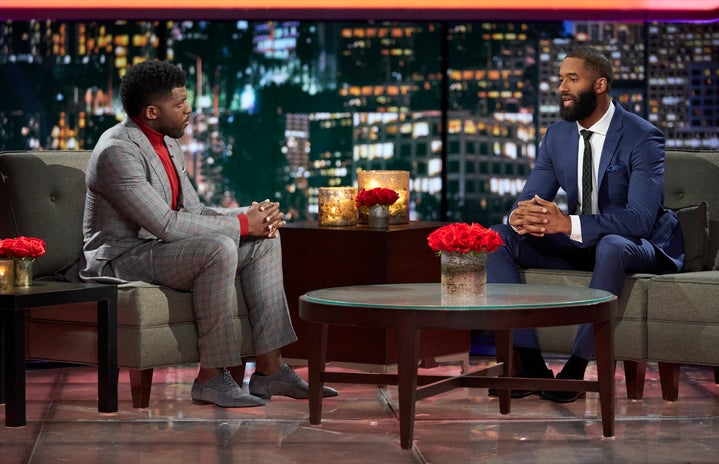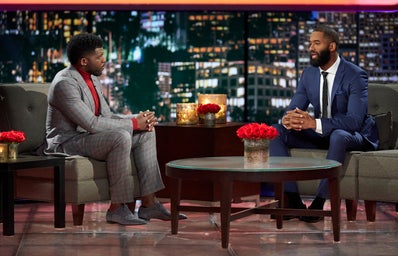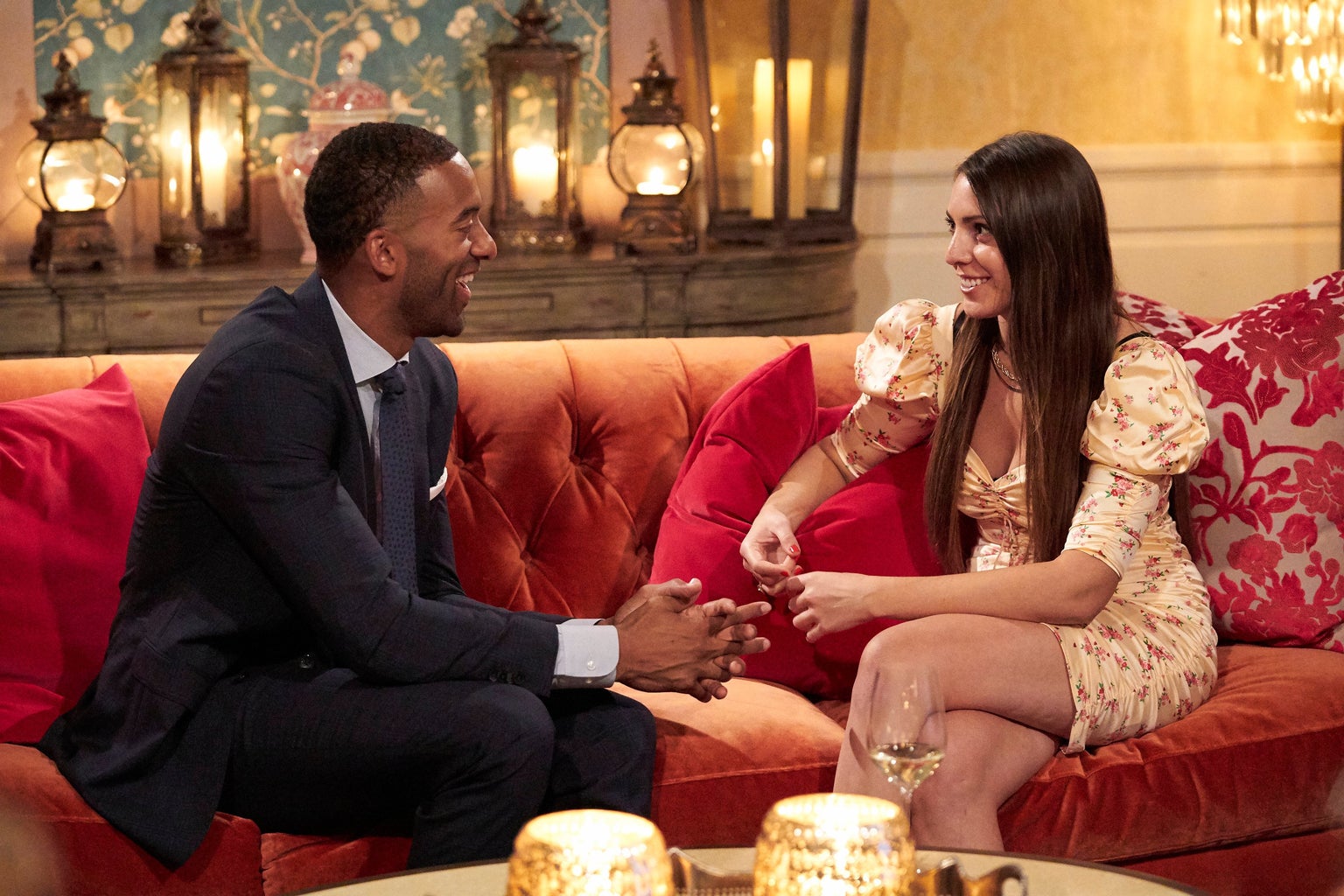The Bachelor franchise has historically been a show we all love to hate and hate to love. Each season touts a line-up stacked with blonde, size-zero, romantic hopefuls whose job titles range from corporate attorneys to whatever “tickle monster” entails. It also caters to a predominantly white, middle-aged audience by consistently upholding conservative perspectives on issues ranging from gender roles to virginity. However, in recent years the show has hinted at progress as social dynamics evolve and people begin to question its role in maintaining heteronormative ideals.
There’s a reason The Bachelor franchise has been so successful. It’s not that it is particularly successful in creating lasting relationships, nor is it the wave of social media influencers each season pumps out. The show has become a unique platform for contestants to share their stories, and to make the audience either fall in love with them or pray for their downfall. I’ll admit that the show’s executives, especially those of The Bachelor franchise, play some role in choosing who gets turned into a favorite and who gets the villain treatment. However, recent seasons have shown the capacity for players to have long-overdue discussions about issues concerning race and sexuality.
The most glaring example is season 25 of The Bachelor, which followed the show’s first Black male lead, Matt James. This season was historical in many ways, though to call it progress is relative, considering they’d gone 19 years without a non-white lead. It marked a point of growth for the franchise in a year of great social upheaval. It was the show’s most diverse cast ever, and featured its first deaf contestant. The highlight of the season for me was its deliverance of our two 2021 bachelorettes: Katie Thurston and Michelle Young. Thurston’s season aired earlier this summer and featured her sex-positive, feminist approach to romantic relationships. Young’s season will premiere this fall, and is much anticipated by fans such as myself. Young, an elementary school teacher from Minnesota, charmed fans with her positive outlook and vulnerabilities in discussing race with James. I’m glad she was given a chance to look for love by the network because her story was overshadowed by a racist scandal that resulted in the termination of host Chris Harrison.
The firing of Harrison, for his disgraceful inability to condemn racism, was a step in the right direction. He has since been replaced by two former bachelorettes, Tayshia Adams — arguably the best lead the show has ever had — and Kaitlyn Bristowe. There is something much more appealing about two women hosting a reality dating show than an old white guy.
There were moments during the past few seasons where I considered not watching anymore. As someone who considers herself a feminist, it was difficult to justify watching a show that espouses misogyny. However, I also believe that critiquing the things I care about is the only way they will improve. The results of this are tangible. We’ve watched as conversations surrounding addiction, mental health, loss, and race take place, resulting in more genuine relationships. There are the vapid Queen Victorias of the show but there are also the wholesome Zac Clarks and Michael Allios.
For all of its flaws — and there are many — I still love The Bachelor. I want so badly to believe in its potential to bring people together, so I will continue to champion the contestants who represent progress in the franchise, or, in Bachelor speak, are there for the right reasons.




